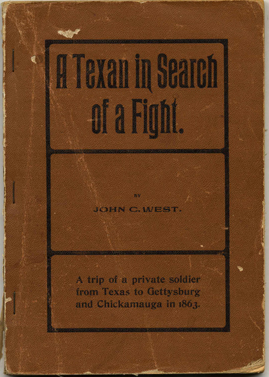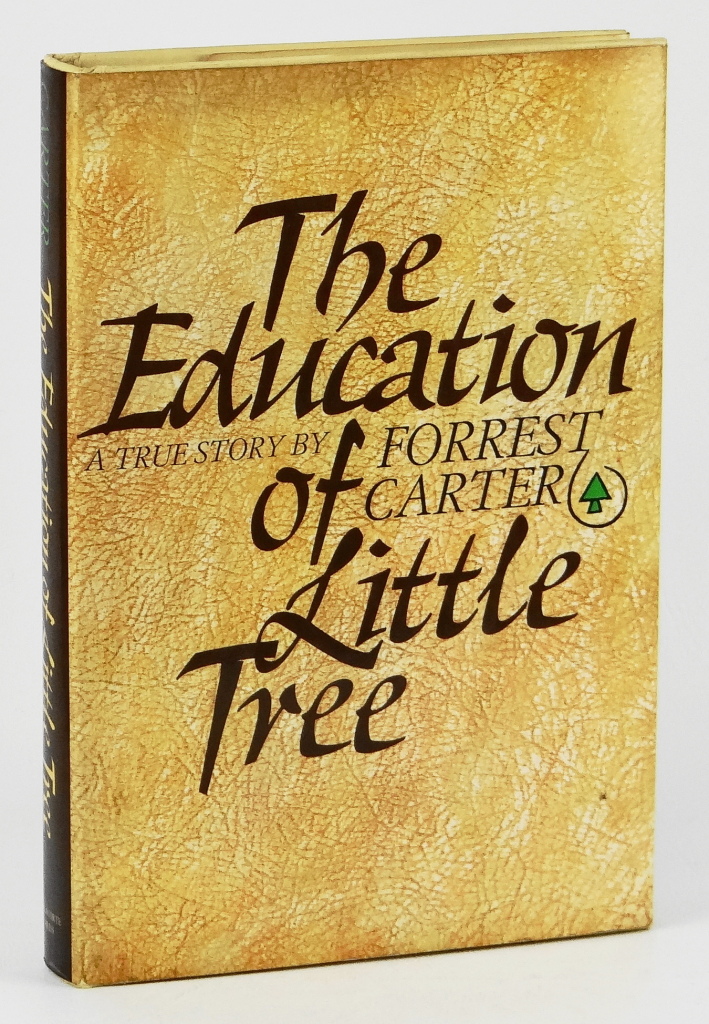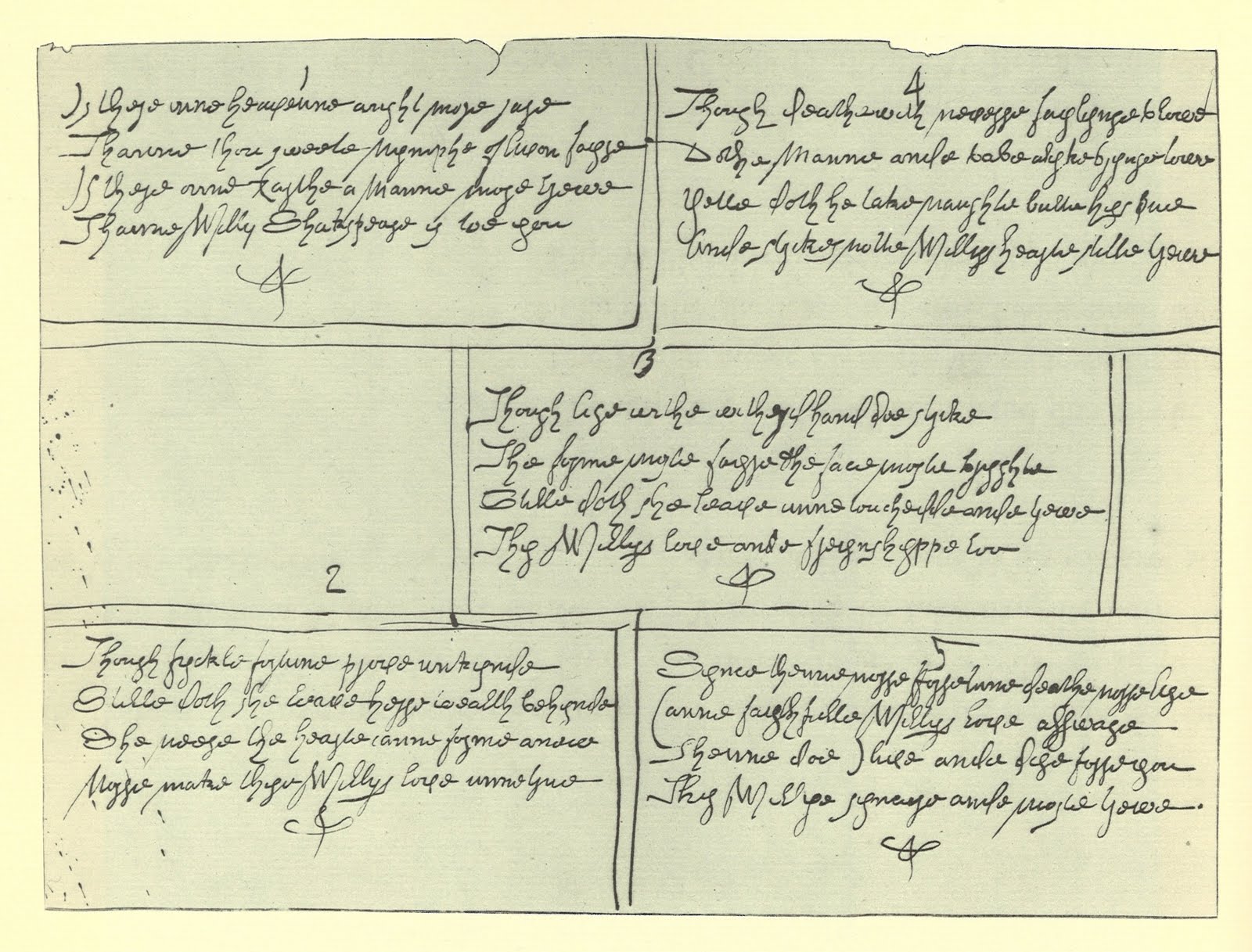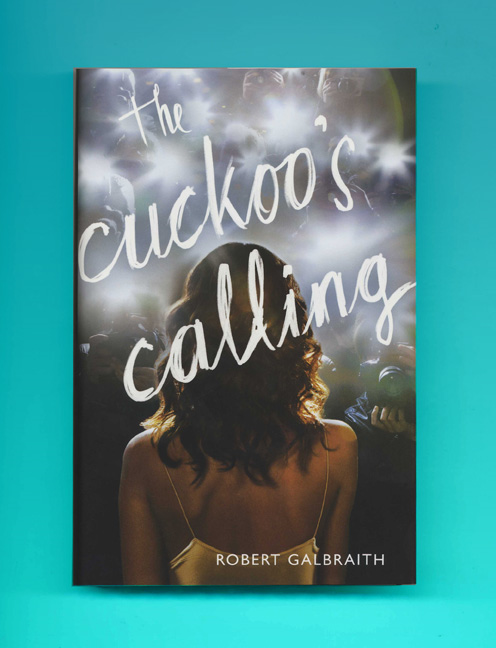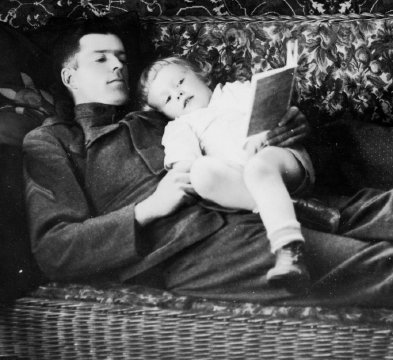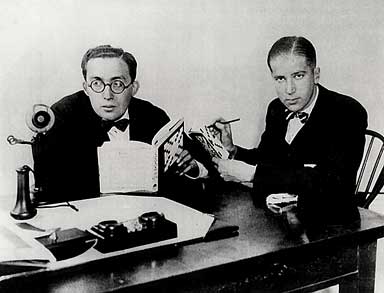The term "Americana" can seem a nebulous one, especially to new rare book collectors. It encompasses much more than simply American history; experts often define Americana as any written items produced in the Western hemisphere from the time that Columbus and his contemporaries arrived in the Americas. So if the term "Americana" applies to books, manuscripts, and ephemera produced over the course of nearly six centuries, over multiple continents, where the heck should a collector begin?!?
us toll free: 1-800-948-5563 international: +1 (843) 849-0283 UK: +44 (0) 1334 260018




